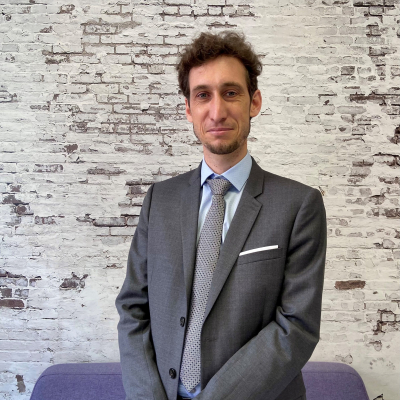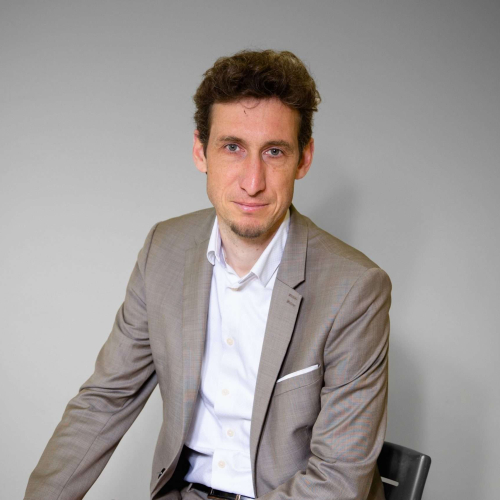ESPI2R Research in Real Estate

Samuel DEPRAZ
Director of Research
Head of the ESPI2R research Unit
The ESPI2R research unit was created by decision of the ESPI Scientific Council in March 2017. Gathering about 30 researchers, it is currently led by Samuel Depraz, Head of Research of the ESPI Group. The work of ESPI2R focuses on the transformations occurring in the organization of spaces and real estate markets. These transformations are brought about by the redefinition of public policies under the effect of the rising sanitary and environmental imperatives on the one hand and the digital and remote working revolution on the other, which results in the two major dimensions of research of the current 2017-2021 strategic plan of our research unit.
The first dimension, entitled “Regional spaces, planning and new centralities”, therefore questions public policies at regional and urban levels. This primary objective includes the fight against urban sprawl, the need for urban densification, and the greening of occupied spaces at the same time. A first series of studies undertaken by the ESPI2R research unit thus focuses on the legal measures encouraging the densification of constructions and their results, as well as on the functional and social mix of spaces, which is the backbone of an ever more inclusive city. Concerns about the evolution of land prices also lead ESPI2R researchers to study, in a prospective way, solutions for a fair and more balanced spatial planning between metropolises and smaller regional centers.
The digital revolution affects real estate in many ways, mainly through disintermediation, the transformation of the way markets work, but also through the appearance of new products and services in the collaborative economy. The study of these new products and services and the way in which they are transforming the real estate business are the subject of the second dimension, entitled “Real Estate Production and Markets”. The guiding question of this second dimension is not limited to the effects of the digital revolution: it includes transformations of all kinds which impact real estate products and professions. Such research topics include remote working and flex office, the rising modularity of buildings, urban circular economy for real estate, and the need for greener, energy-saving buildings. Social considerations also motivate research programs on affordable housing costs and socially responsible financing of real estate development.

The ESPI2R research unit was created in 2017 at the Ecole Supérieure des Professions Immobilières (ESPI, France). At the interface between scientific reflection and the professional world, this multidisciplinary laboratory, ESPI2R, aims to further assert real estate research into the academic field while administering concrete and thorough analyses. The ESPI2R laboratory unfolds around three main lines of research:
- Axis 1 / Spatial planning and socio-territorial dynamics in real estate.
Deals with the development and spatial (trans)formation of the built environment through the real estate sector and spatial planning angle. It questions the ways ofliving and emerging social expectations, the built environment models, but also over social and territorial disparity. - Axis 2 / Real estate markets and investments.
Focuses on multidisciplinary approaches to the mechanisms of price formation and real estate markets determinants. It also examines the financialization of real estateand public policies for regulating the market. - Axis 3 / Administration, management, customs and changes in real estate assets.
Delves into the management of built heritage and its actors’ roles and functions. It includes a specific study on the evolution of real estate professions, renovation and inheritance preservation.
